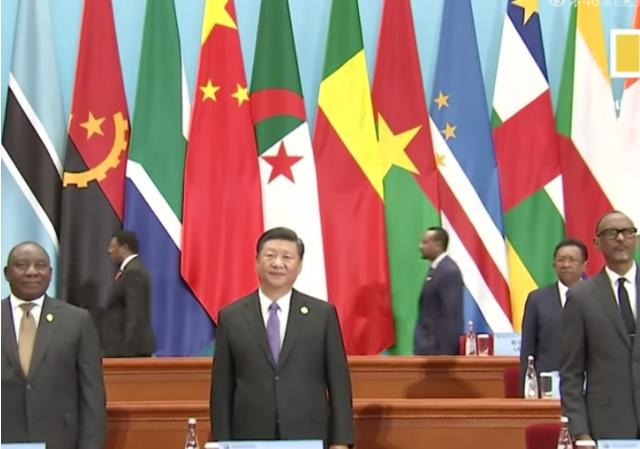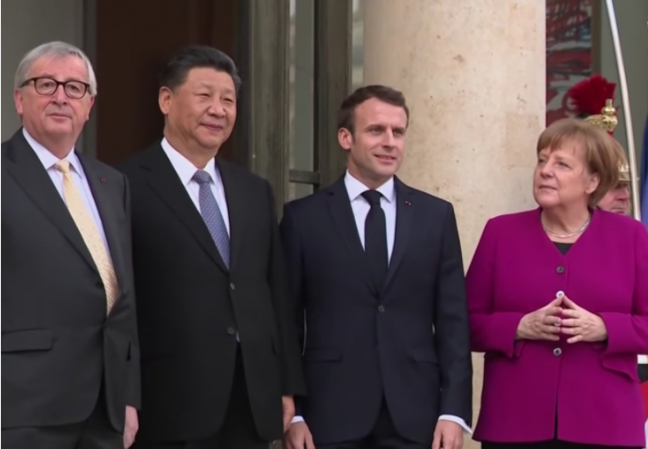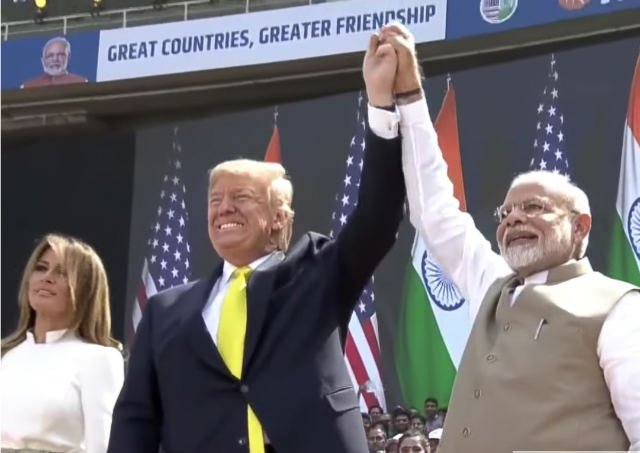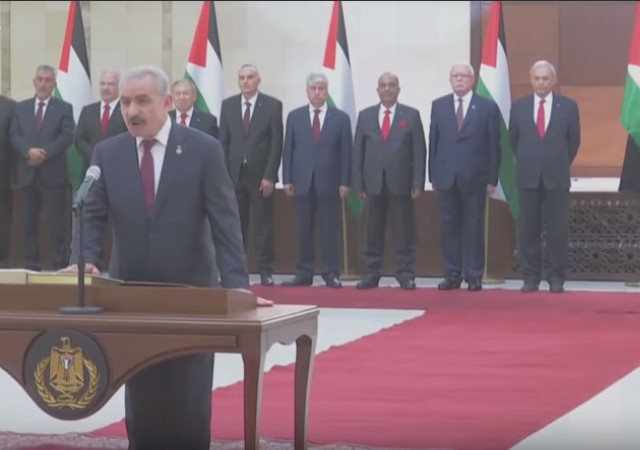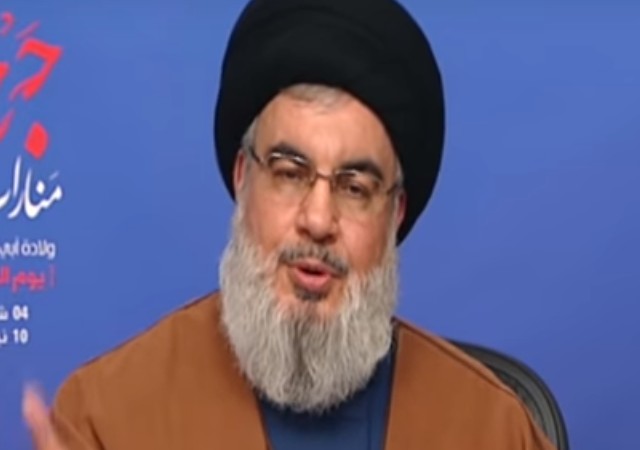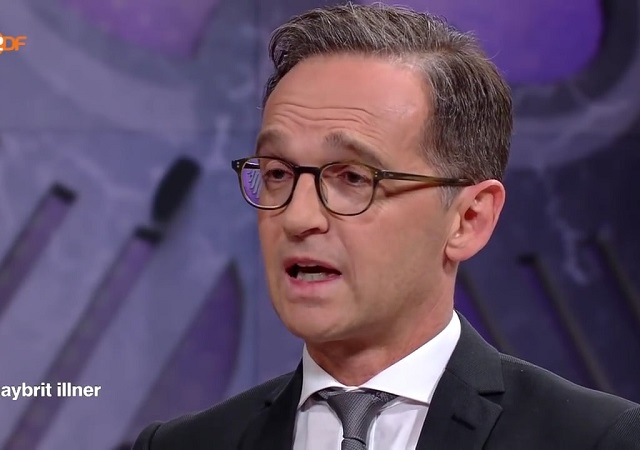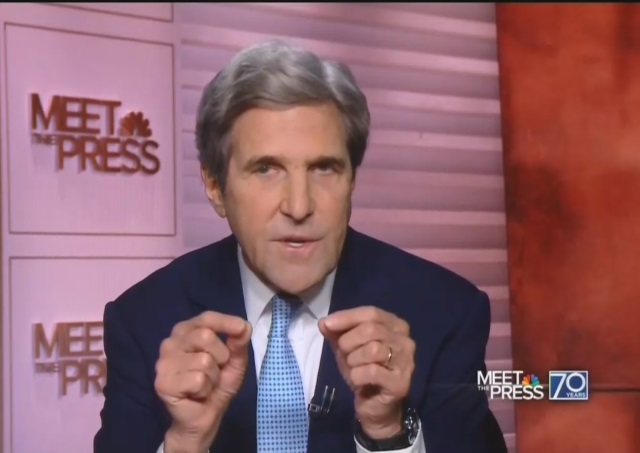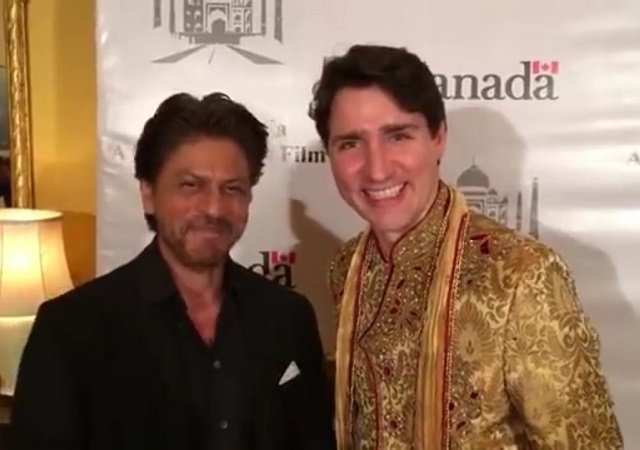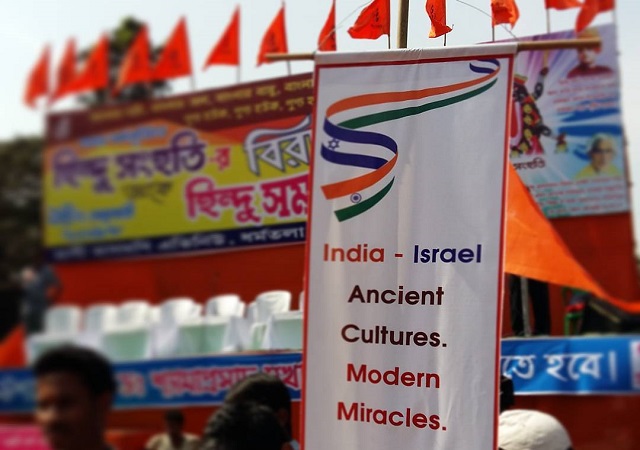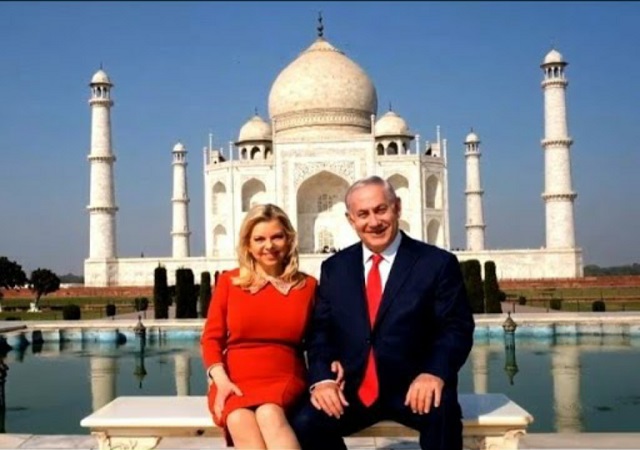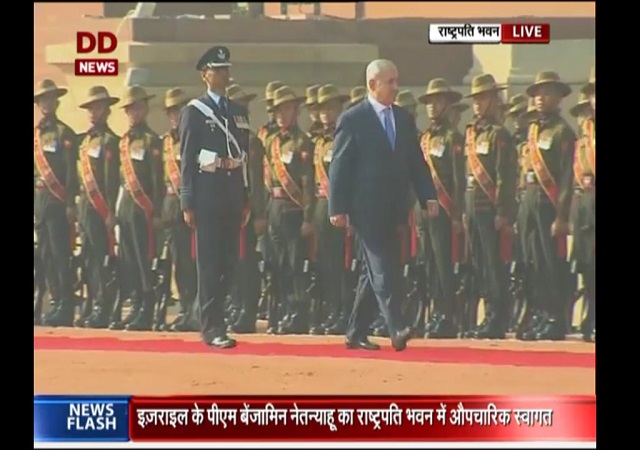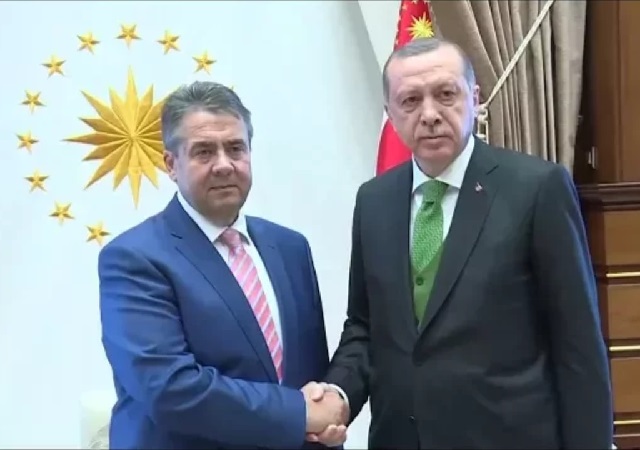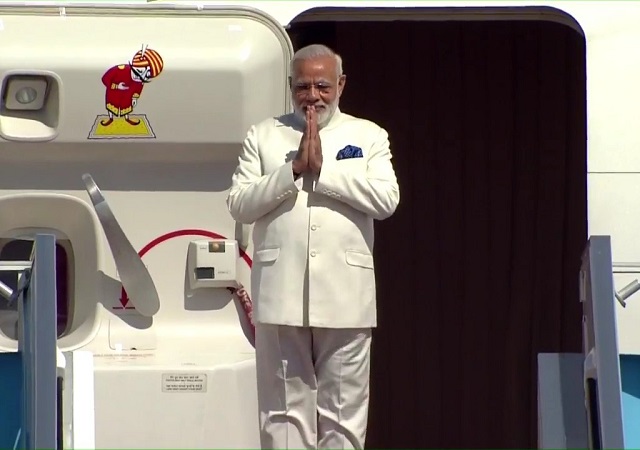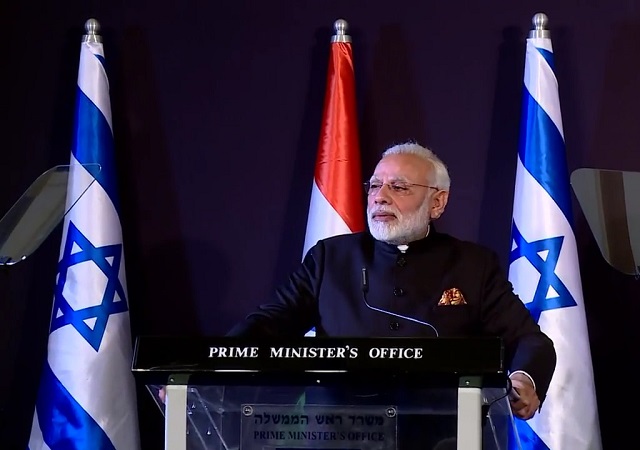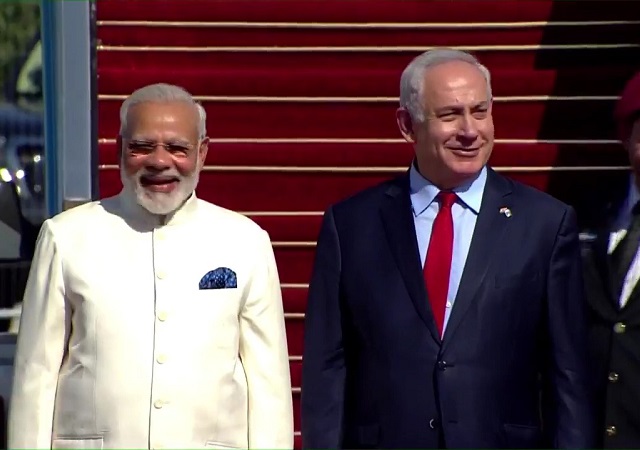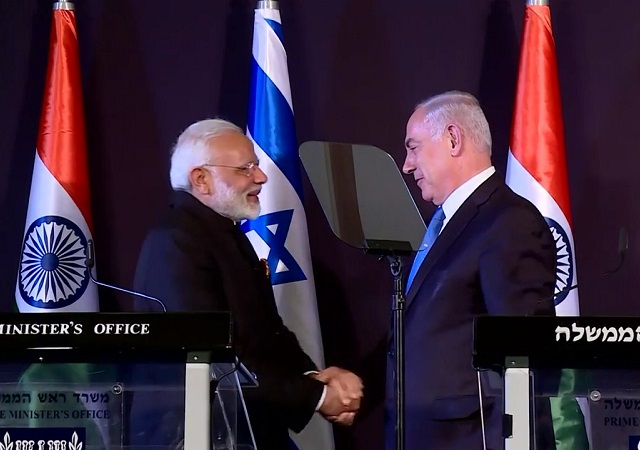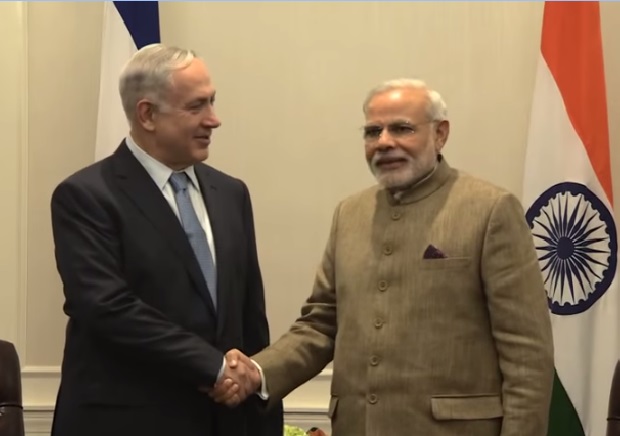New Report Reveals China’s Massive Surveillance Build-Up in Africa
on May 23, 2020
12 Comments
China is running a massive surveillance network in Africa, reveals a new report published by the Heritage Foundation, a Washington, D.C.-based think tank. The intelligence gathering operation was most likely run through State-owned Chinese companies involved in building critical government infrastructure. These firms have built or renovated around 186 top government buildings and 14 sensitive governmental telecommunication networks across the African continent, which include a number of presidential palaces, parliaments, and military installations.

